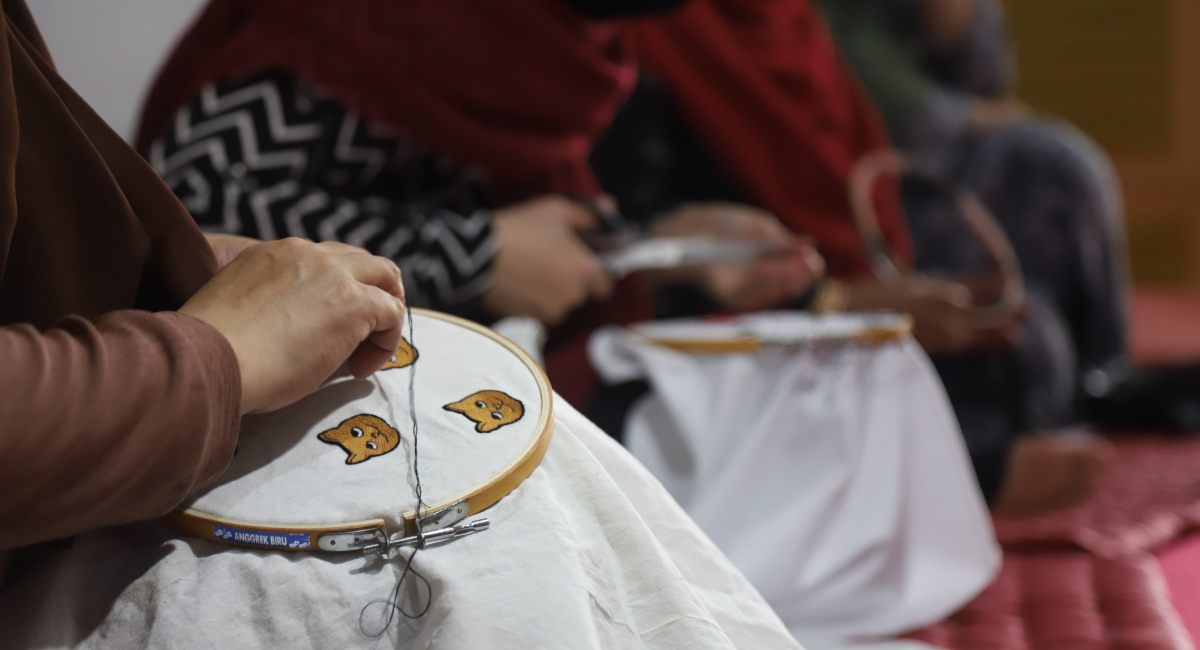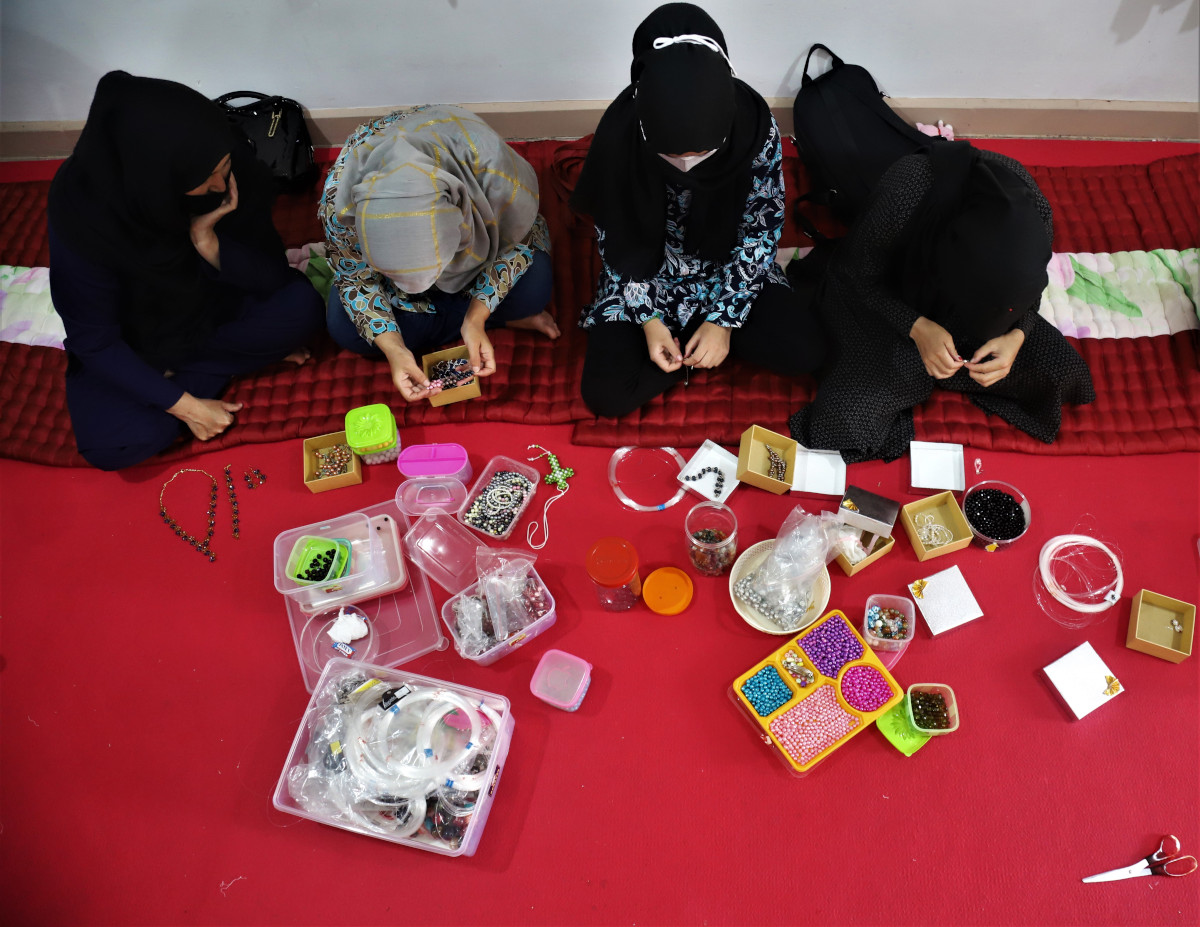
However, resettlement countries only take in a small number of refugees every year. So many refugees remain living in Indonesia with an uncertain future. Moreover, Indonesia is not a signatory to the Refugee Convention of 1951. Therefore it does not have an obligation to legally integrate refugees as its citizens. Refugees residing in Indonesia are only allowed temporary stay. Given limited access to education and health, and prohibited from taking jobs or initiating a business, all they can do is to wait.
One year of living in uncertainty from Covid-19 already seems long enough, doesn’t it? Can you imagine being a refugee, having to waiting 7 to10 years to be resettled to a third country, meanwhile having limited access to social services and opportunities for self-reliance? The longer refugees have to wait, the more vulnerable they become. They have used up all their savings or support from donors. Some of them have ended up homeless.
Jesuit Refugee Service (JRS) believes that refugees have the capacity and ability to support themselves if only given a chance. Slowly, JRS initiated ways where they could channel their potential. One of them is through an online shop called, Refutera, a portmanteau of “refugee” and “sejahtera”, an Indonesian word that means wealthy.
Refutera aims to empower refugees to become more self-reliant and economically stable. It is a cooperation between JRS Indonesia and SMART (Skilled Migrants and Refugee Technician), and 90 per cent built by refugees. All designs, text, photos, and social media are done by them. The products offered in Refutera are made by refugee women, many of them mothers, in Bogor and Jakarta. They produce beautiful and attention-grabbing handicrafts. Their diverse cultural backgrounds enrich their products and make them very unique. Refutera sees their distinctive designs as a selling opportunity in today’s market.
Like any good mother, refugee mothers are always trying their best to support their families to become sustainable. One refugee mother said she was very happy because she could earn a little income from her embroidery to buy pillows for her children. She was delighted to see them sleeping comfortably. Another mother said she was very pleased when she could buy medicines for her family.
Many other refugee mothers have struggled to support their families while waiting for their resettlement to a third country. This is a key driver for Refutera to continue supporting them through empowerment programmes.
If you would like to help the refugees by purchasing products from Refutera, you may visit their website here. You can also find them on Facebook, @shop.refutera, and Instagram @refuterashop
Written in Indonesian by Mariana Rosiana Sedjahtera and translated into English by Yeni Kristanti, JRS Indonesia







